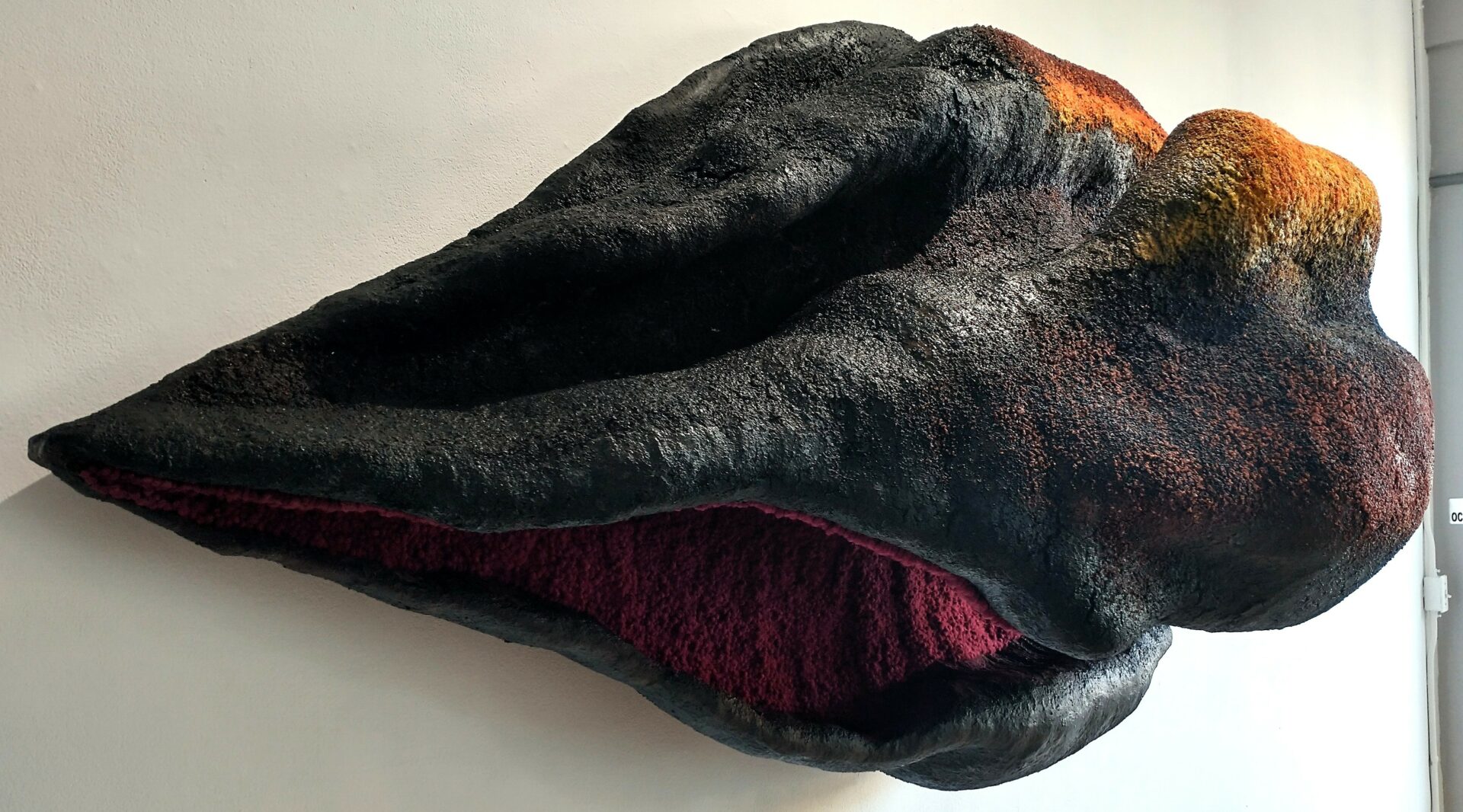Alright – so today we’ve got the honor of introducing you to Jonah Jacobs. We think you’ll enjoy our conversation, we’ve shared it below.
Jonah, looking forward to learning from your journey. You’ve got an amazing story and before we dive into that, let’s start with an important building block. Where do you get your work ethic from?
As an artist I absolutely love what I do so work to me, though often times difficult, is not only something I look forward to, but also something that I very much need. For as long as I can remember I have suffered from depression and the various forms of expression I have engaged with over the years have helped me more than anything else.
I work on my artwork just about everyday. Ideas are constantly swirling about my head so I am almost always excited about working on current and new projects. At this point, it would probably take me at least three lifetimes to finish up all the things I have ideas for. Then again, I would most likely just continue to have more ideas so I guess the cycle never ends, and therefore the work never ends.
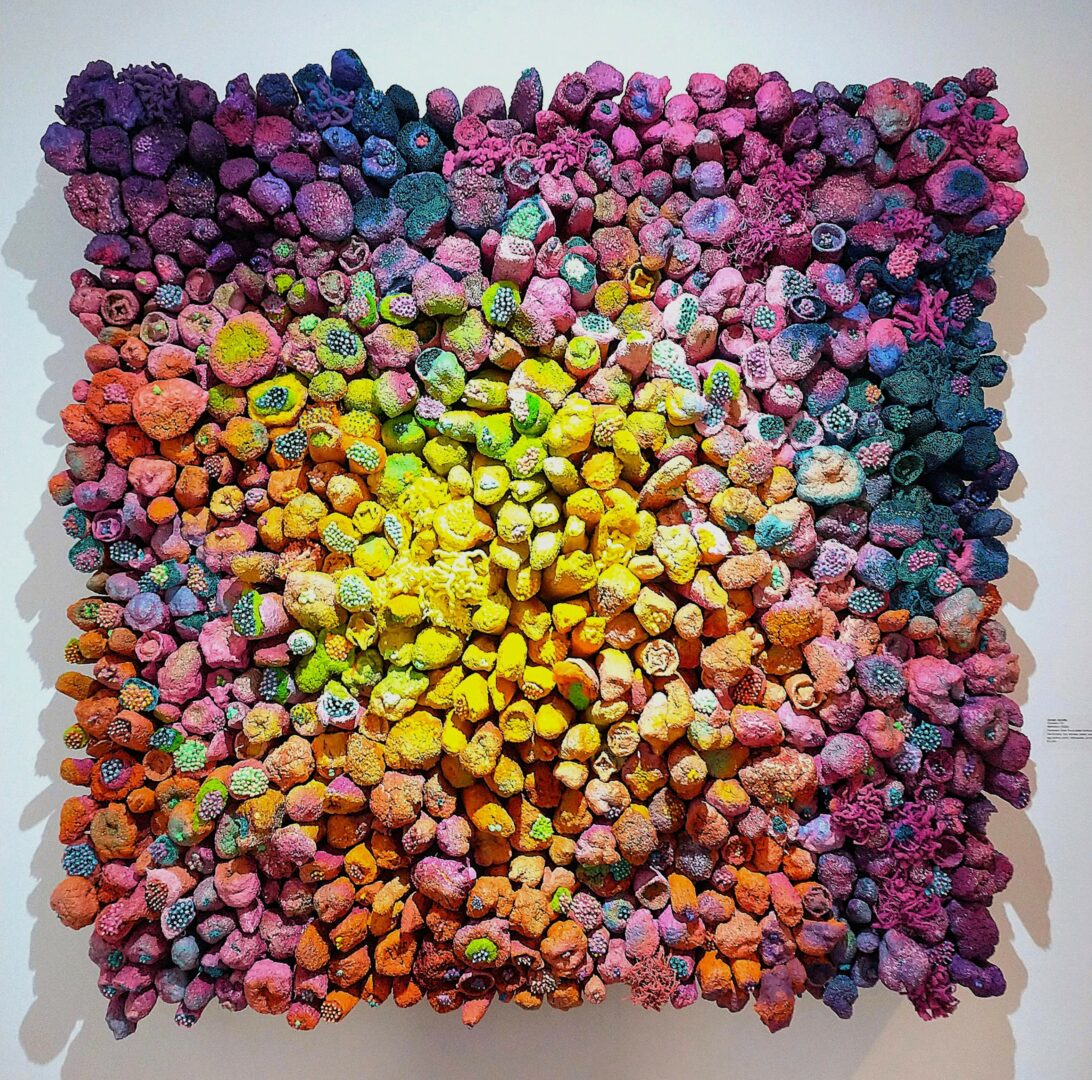
Appreciate the insights and wisdom. Before we dig deeper and ask you about the skills that matter and more, maybe you can tell our readers about yourself?
For the past twenty years I have been focusing on my art career. Recently, I just completed my 101st art show.
Mainly, I am a sculptor who turns up-cycled materials into beautiful organic sculptures and installations that push the boundaries of material, texture, form, and structure. Using waste, mostly cardboard, cardboard tubes, and single use food packaging, I create sculptures and installations that address numerous environmental concerns, while simultaneously adhering to an art practice that incorporates more sustainable methods for the creation of my art.
My exploration of trash, up-cycled materials, and food as material sources for my sculptures, subverts our traditional ideas of value by turning the things we discard into beautiful organic looking sculptures. By doing so, I hope to inspire others to look at waste material in a new and imaginative way and encourage people to use these objects to not only lessen our waste, but to make art in their own unique ways.
Most of my artwork is made using cardboard that is breaded with oatmeal and then dyed with fabric dyes. My exploration of texture has led me to discover a variety of materials such as couscous, quinoa, barely, sand, plaster, cat litter, salt, glitter, powdered glass, metal shavings, sawdust, and gravel. Other materials I commonly use are up-cycled Styrofoam, cotton swabs, socks, Polyfil taken from used pillows, egg cartons, oatmeal containers, paper napkins, and thrown out paper cups.
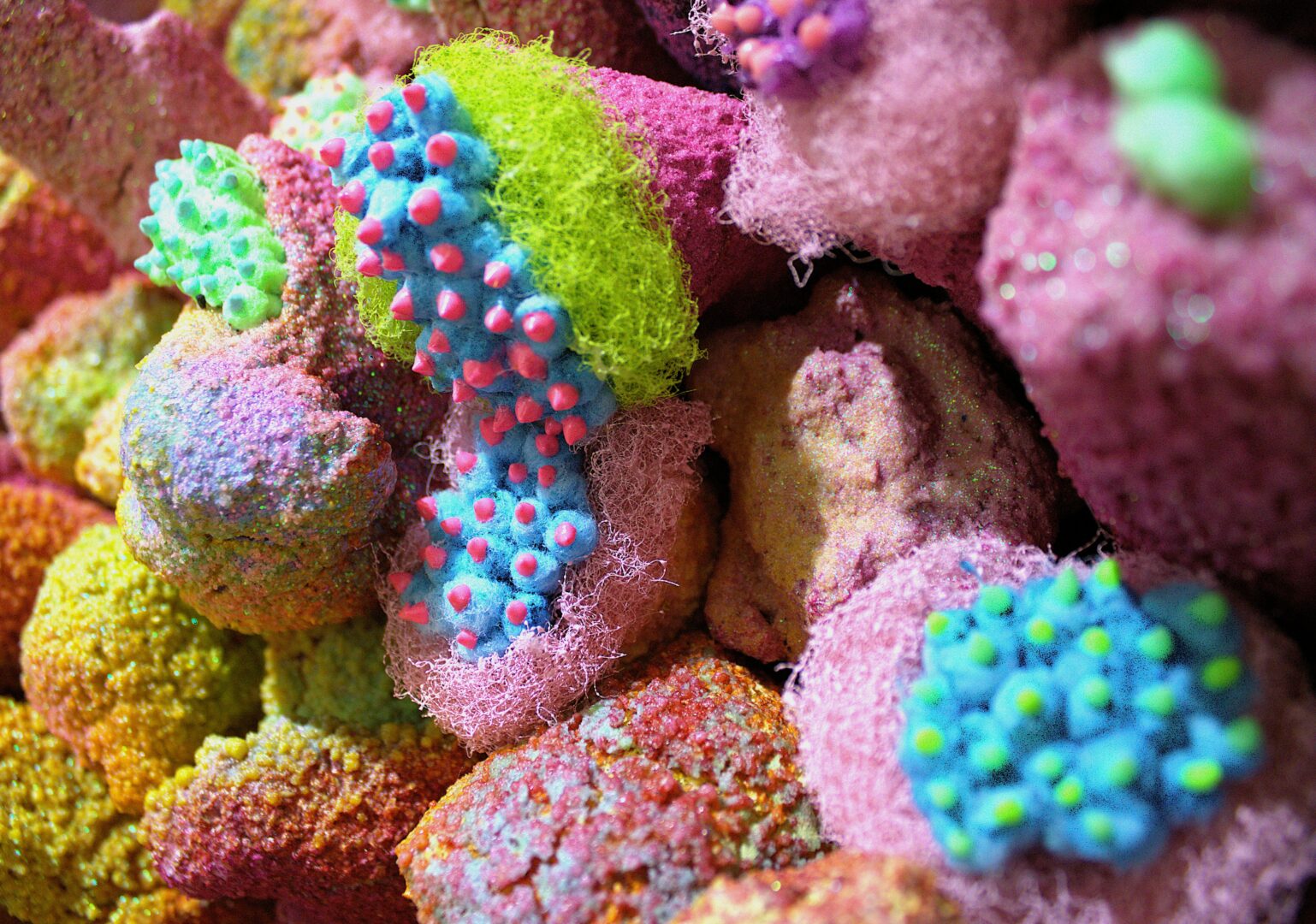
There is so much advice out there about all the different skills and qualities folks need to develop in order to succeed in today’s highly competitive environment and often it can feel overwhelming. So, if we had to break it down to just the three that matter most, which three skills or qualities would you focus on?
Tenacity. Being an artist is difficult. You will get way more rejections than you will acceptance letters for inclusion into art shows. The lows can last too long so having the ability to push through the difficult times is a must.
Openness. Whether it is experiencing the world around you in new and interesting ways, or constantly learning new things, openness is a key trait for discovering new ways of art making. Do not wait for inspiration to strike, instead, learn, explore, and experience new things and in doing so you will find that you will never have to wait for inspiration. Instead, you will find it everywhere.
Work. It takes a long time to get good at doing anything. You must work as often as you can to master whatever your creative passion is. Be obsessed with your craft. In constantly working you are not only training your muscle memory but you are also ensuring that your brain becomes more efficient in the way it creates. Over time, you will not only get better at what you do, but your brain will make numerous unconscious connections that lead to new ideas and ways of creating.
The only advice I have is to do and be the above things as often as you can. No excuses. Show up, work hard, and do your best to enjoy what you do despite the setbacks.
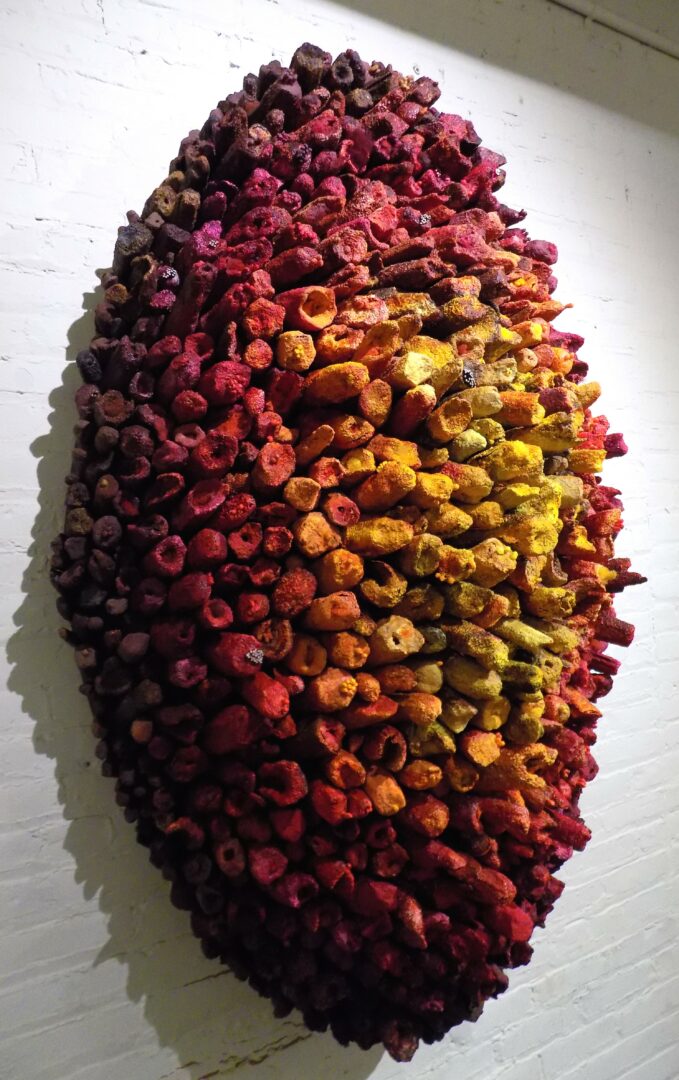
Is there a particular challenge you are currently facing?
One of the most difficult things of being an artist, especially one who lives outside the major art hubs, is gaining access to notable curators, collectors, institutions, and well-established galleries. You can do show after show and still feel as if you have gotten almost nowhere.
To overcome this, you must find ways to get out of your local art scene, and hopefully into galleries or institutions that are in the major art hubs. This can be costly and time intensive. Access and all the boring logistic challenges that come with being an artist are the largest hurdles for getting your art noticed.
Personally, I have been trying my best to network through social media, but also to meet as many people in person as I can. None of this is easy. My goal is to make more frequent trips to regional galleries and institutions and to also visit some notable places in a couple of the major art hubs. Getting to know notable curators however, seems like an impossible task at times and I am not quite sure that even after twenty years I have it all figured out
Contact Info:
- Website: https://www.jonahjacobsart.com
- Instagram: jonahjacobsart
- Facebook: artof jonahjacobs
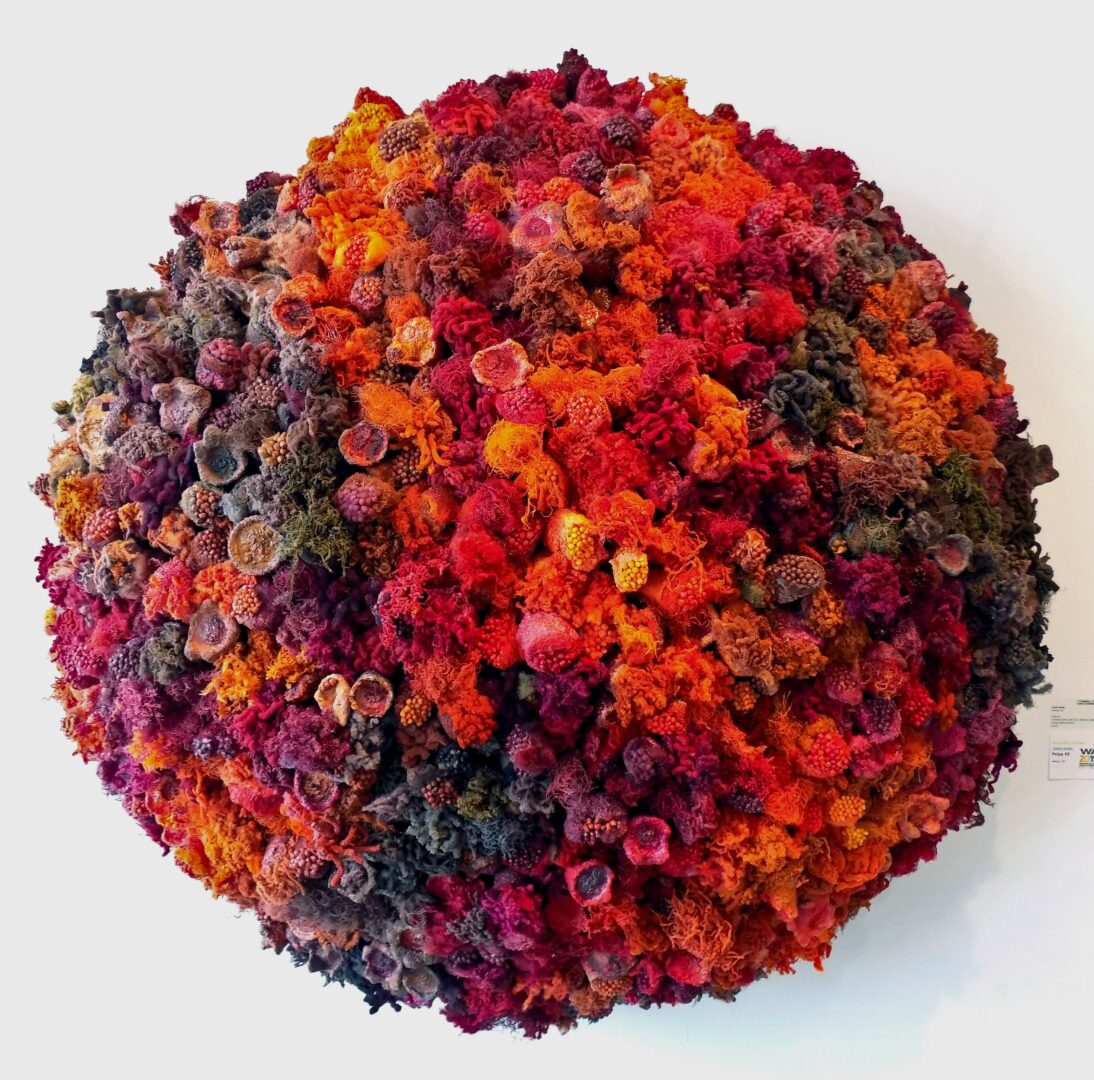
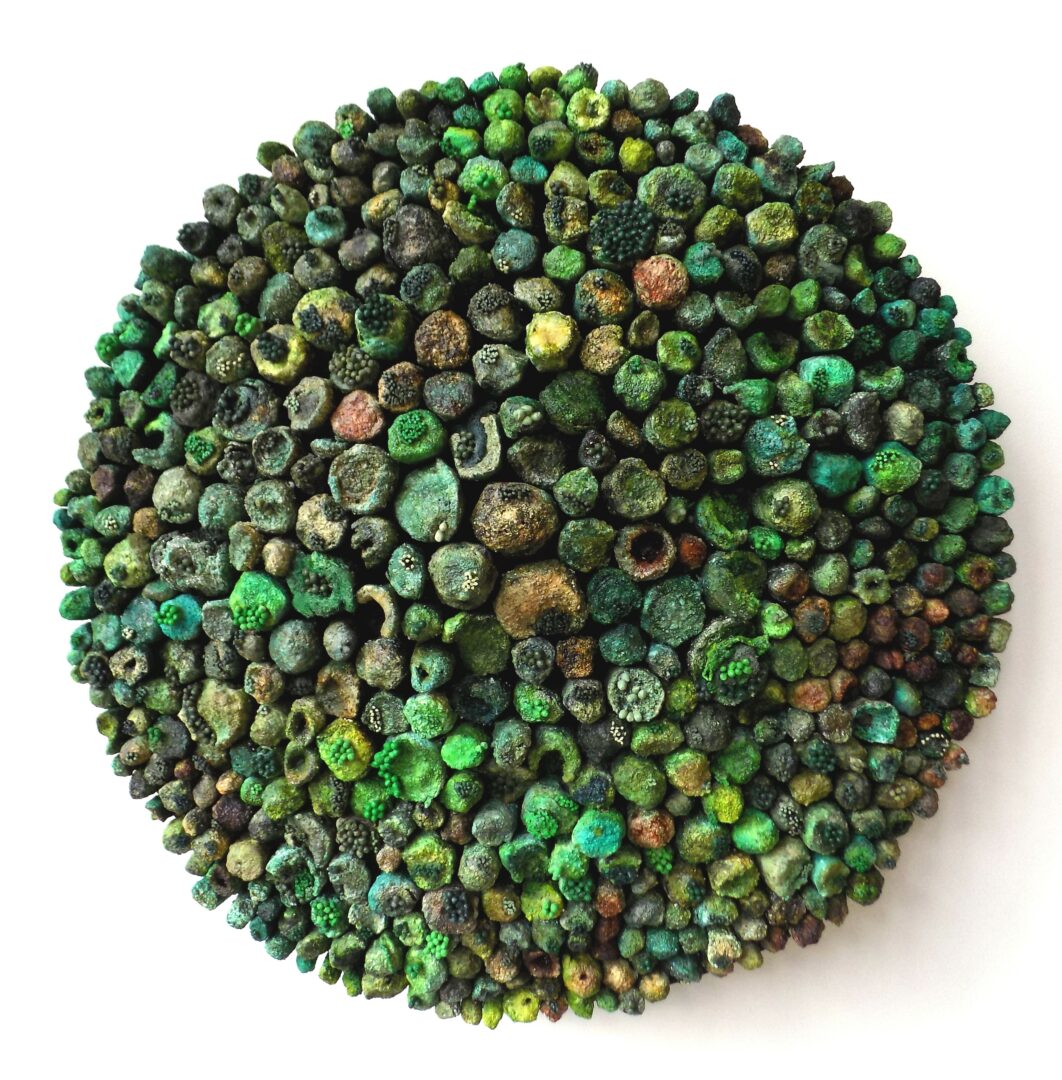
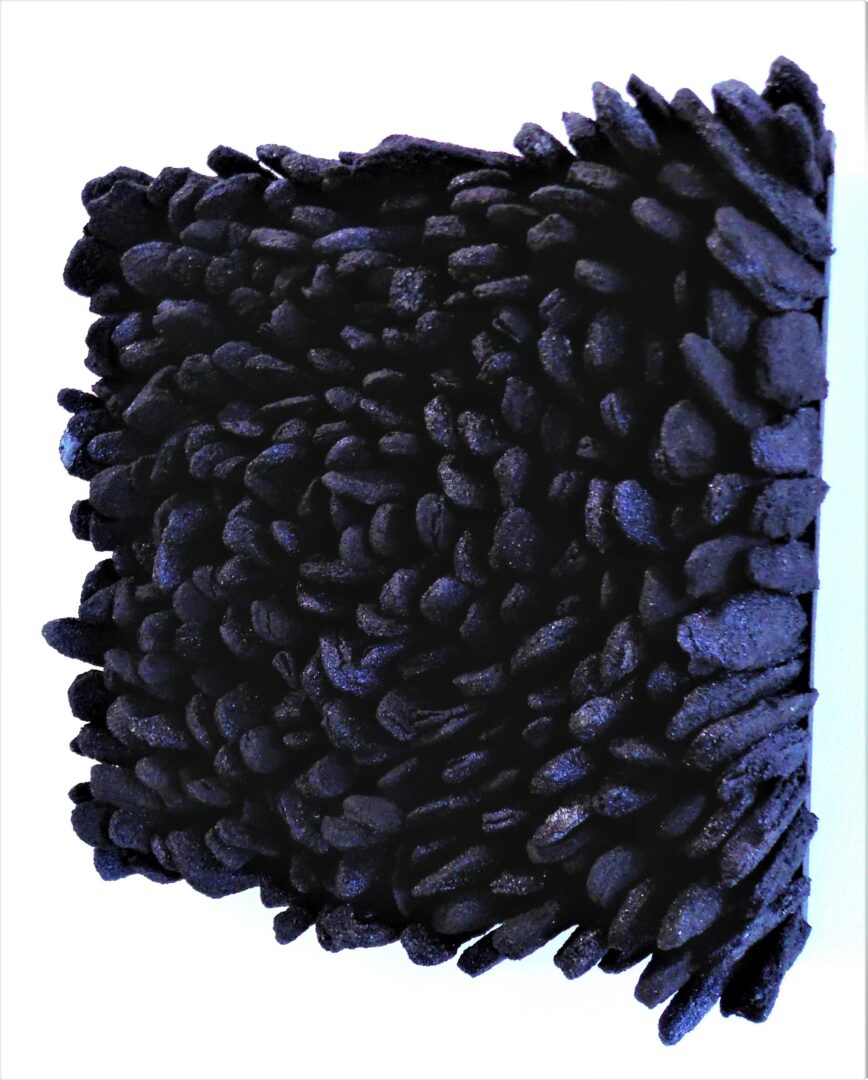
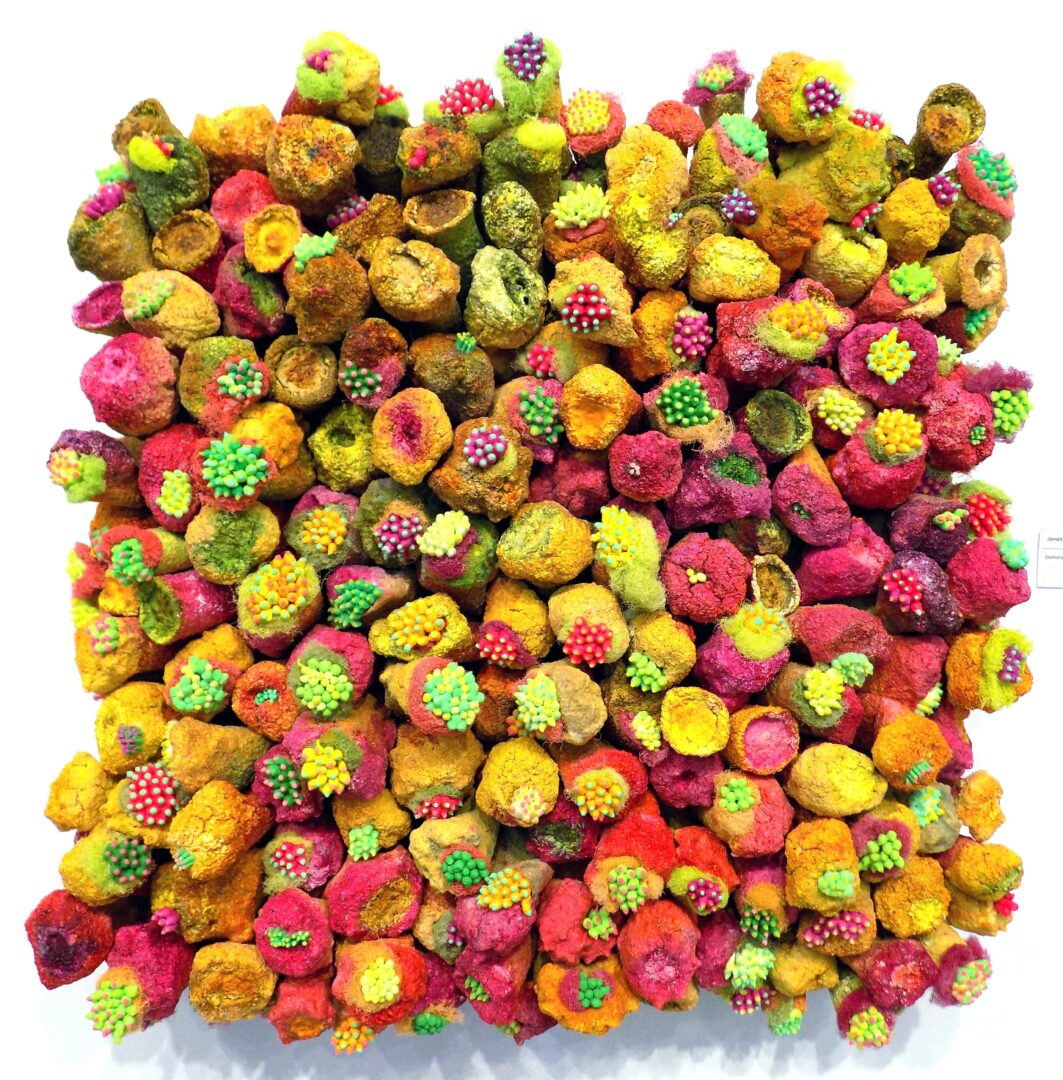
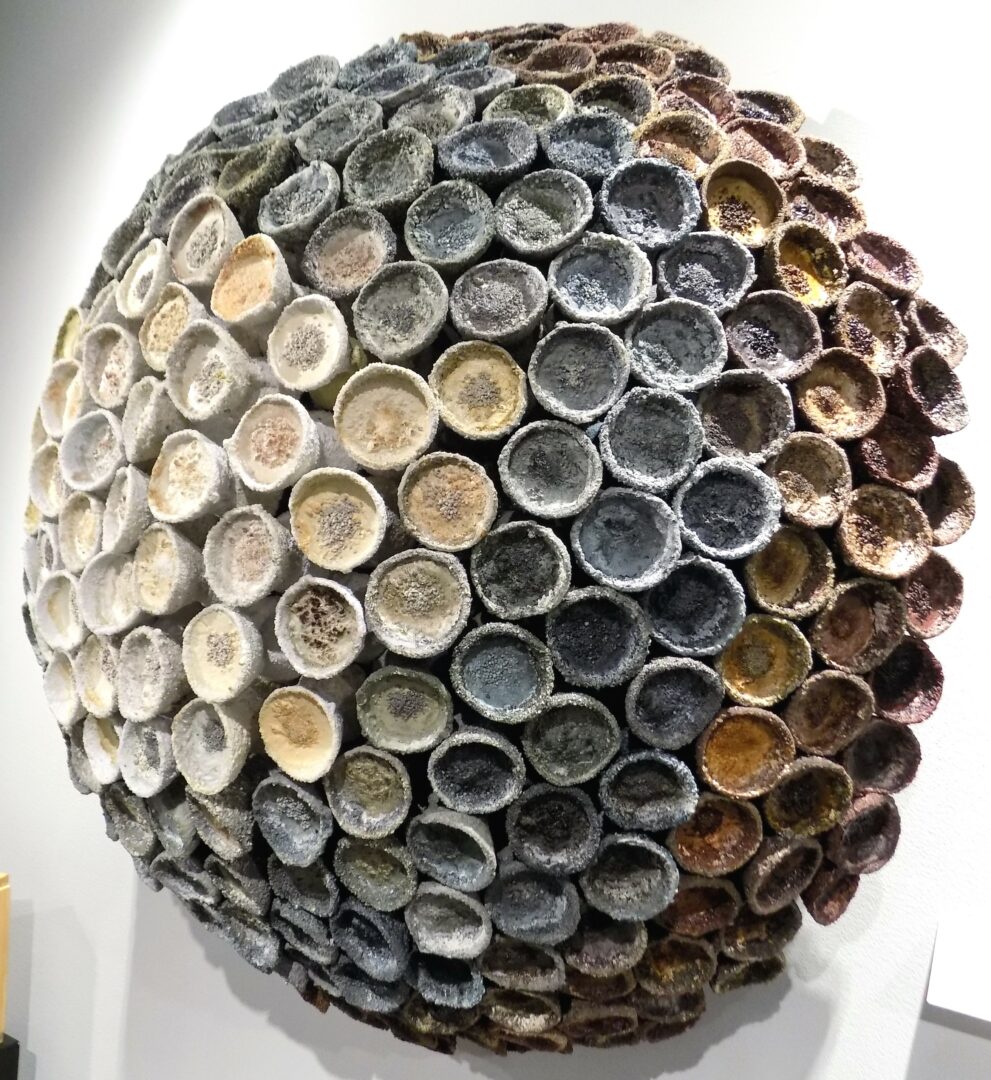
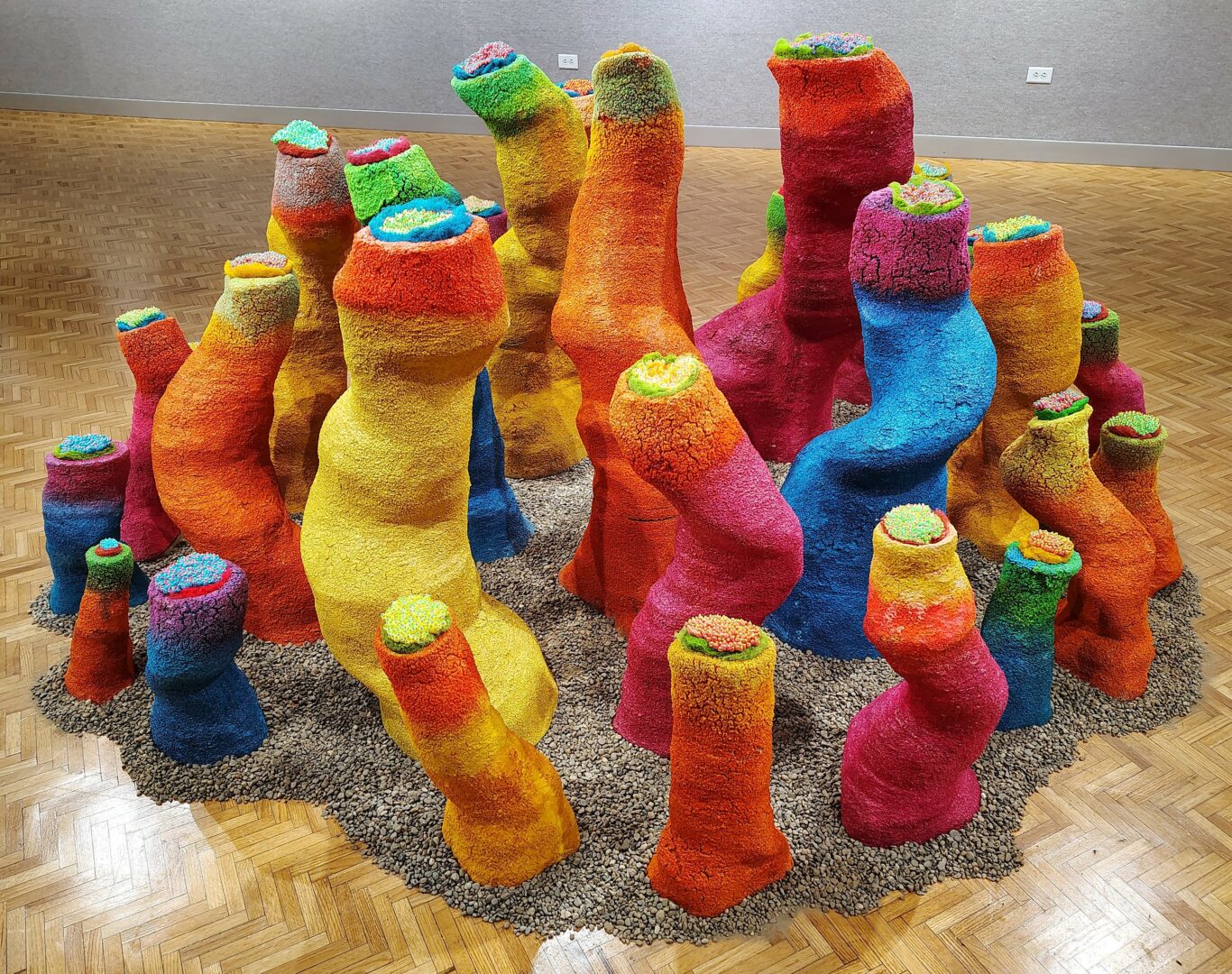
so if you or someone you know deserves recognition please let us know here.

